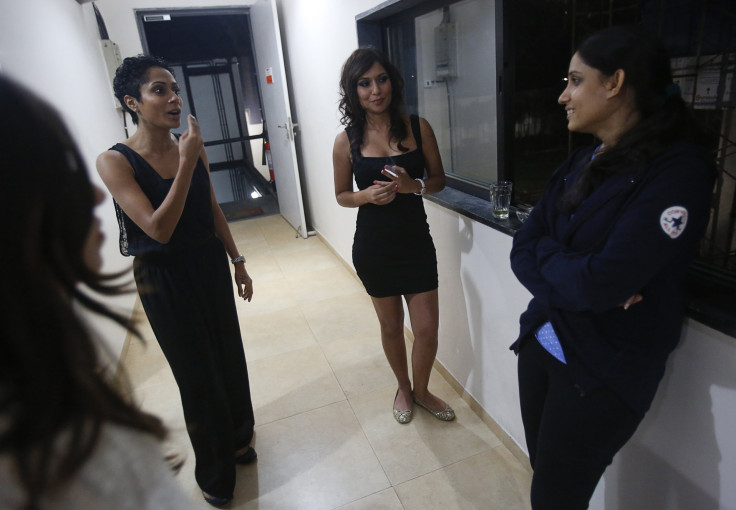Light Up: West Bengal Chief Minister Suggests People Should Smoke More To Raise Funds Via Higher Tobacco Tax

The chief minister of the Indian state of West Bengal wants to increase a tax on cigarettes and tobacco products by 10 percent as a way of raising revenue to provide funds to thousands of investors who were defrauded of their life savings by a private investment company called the Saradha Group.
Sudipta Sen, a businessman who ran the fraudulent investment scheme, has been arrested.
But the chief minister, Mamata Banerjee, also raised some hackles by half-jokingly suggesting that people should “smoke more” to increase the coffers of the special fund she has set up for the duped investors.
"Please smoke a little more these days, then the amount [for the relief fund] can be raised quickly," she told reporters in Calcutta.
Banerjee cited that even with the higher tax, West Bengal’s overall levy on tobacco products amounts to 40 percent, compared with the 50 percent tax found in other Indian states, including Rajasthan and Uttar Pradesh.
But the larger issue is the habit of smoking in India – more than 120 million people in the country smoke, while almost one million die annually from tobacco-related causes, according to government figures.
Like countries in the West, India has been trying to improve public health by clamping down on tobacco use – among other steps, smoking in public was banned five years ago, cigarette-related advertisements are prohibited; and sale of smokes to minors is now a crime.
However, Indians continue to smoke and frequently flout the laws not to light up in public, laughing at paltry fines of 200 rupees (about $3.70) for each violation.
In West Bengal, smoking is particularly widespread, which is why public health officials were outraged by Banerjee’s call for more smoking.
According to the Calcutta Telegraph newspaper, more than 36 percent of adults in West Bengal consume some form of tobacco, slightly above the 35 percent rate for all of India; while 14 percent of Bengali adults smoke (9 percent for India).
“A move to raise taxes on tobacco would be in favor of public health -- as it’s intended to reduce consumption. But such a move should certainly not be accompanied by suggestions that people should use more tobacco,” Monika Arora, of Public Health Foundation of India, a research institution based in New Delhi, said.
Amit Yadav, a lawyer with Hriday, a Delhi-based NGO, chimed in: “If this was intended to be a serious message, it would tantamount to a violation of the 2003 law that prohibits any person from promoting tobacco for any purpose.”
Members of Banerjee’s own Trinamool Congress Party have condemned her statement.
“Smoking is bad ... let there be tax on it. But am I responsible for what Sudipto Sen did? Why should I pay more tax on every cigarette I smoke? I haven't fleeced the people, I haven't fleeced their money," Kabir Suman, a Trinamool Congress parliamentarian, said, according to India Today.
Congress MP and spokesperson Renuka Chowdhury thundered: "When the world has been campaigning against the fatal effects of smoking, the chief minister [West Bengal]comes out asking people to smoke more. It is alarming, it is destructive.”
Aside from the public health issue, some observers are questioning why the government in West Bengal is seeking to help investors who were cheated by Saradha, likening it to the bailout that the U.S. government provided to banks and auto companies a few years ago.
“Why is the [West Bengal] government shouldering the responsibility of [Sudipto] Sen? Is the government trying to pay the price of the [ruling Trinamool] party’s proximity to the Saradha Group?” a Calcutta economist asked the Telegraph.
An unnamed senior government minister warned, “This may set a precedent as people will ask the government to return the money if other companies default.”
© Copyright IBTimes 2024. All rights reserved.











